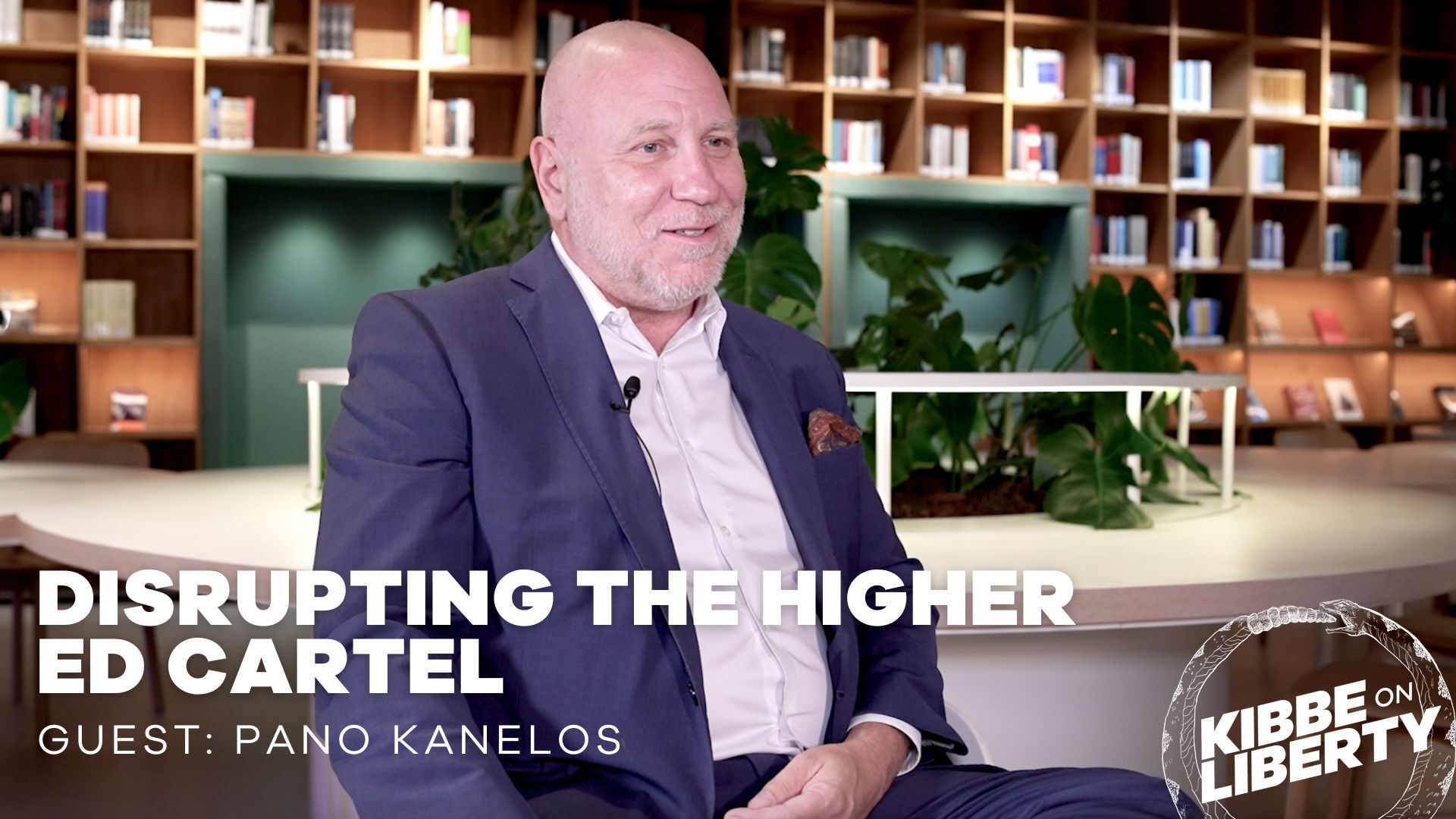
The University of Austin Is Not a Joke
On Nov. 8, Pano Kanelos, the former president of St. John’s College, announced the creation of the University of Austin. Disenchanted by the increasing censorship, ideological homogeneity, and elitism of contemporary universities, Kanelos and his star-studded team of academics, journalists, and investors seek to take education back to its roots—“the intrepid pursuit of truth.”
The university, which refers to itself as UATX, plans to begin offering graduate degrees in Politics and Applied History and Education and Public Service in 2023, with an undergraduate program beginning in 2024. Currently, UATX still lacks a permanent address and accreditation.
But the University of Austin is not a joke, and it should not be treated as one. The project is a desperately-needed breath of fresh air. Even if the idea of a truly small-l liberal university is unsuccessful in the end, the fact that an effort was made would show that not all is lost. There are still people in this country who genuinely care about higher education, and a public interested in keeping a hold of our democracy should, at least in some part, support their efforts.
To see the need for change, look no further than the collective academic and corporate media response to UATX’s announcement.
The Philadelphia Inquirer’s Will Bunch accused UATX’s founders of ignoring inequality in favor of culture war dogma. James Galbraith, a scholar at the LBJ School of Public Affairs, characterized UATX as being a donor-fueled operation in which “fools can dispose of their money however they like.” MSNBC’s Katelyn Burns proclaimed that the university will be “a soft landing spot for formerly disgraced academics or controversial journalists.”
These responses only prove Kanelos’ point: American universities have lost their way. The era of courageously exploring the boundaries of knowledge in the pursuit of truth is, at the very least, mostly dead. Universities and their champions do little more than congratulate themselves on their brilliance and batter all dissenters with the hammer of righteous indignation.
And make no mistake, the cry of “censorship” is not right-wing whining about any form of disagreement. Campus censorship is real and it is virulent.
Renowned geophysicist Dorian Abbott famously had a planned lecture at MIT cancelled because of his “controversial” views on campus diversity efforts. His crime was co-authoring an opinion piece asserting that “treating people as members of a group rather than as individuals [repeats] the mistake that made possible the atrocities of the 20th century.”
But the hammer of righteous indignation is not limited to wokeness. Conservative-oriented universities apply the hammer too. Liberty University has restricted a “Justice for Janes” student group fighting for more support for anonymous victims of rape. Even my own university, Texas A&M, which consistently receives the highest possible scores from the pro-free speech Foundation for Individual Rights in Education, has repeatedly been caught deleting unsavory Facebook comments from PETA supporters.
A liberal university exists for the pursuit of truth. The pursuit of truth requires that we investigate perspectives contradictory to our own. When academic entities try to shield themselves under the weight of their own dogma, truth is forgotten, and our political and cultural institutions suffer the consequences.
The diminishment of truth obliterates civil discourse, leaves entire groups of people behind, further polarizes our polity, and creates a breeding ground for ideologues to present their convictions as facts. It is difficult for society to work cohesively under such duress.
That is what makes the idea of a college like UATX so important. It would be neither a woke temple nor a conservative grift. The scholars and thinkers behind it have a genuine concern for truth, and they want to challenge students to become independent citizens and thinkers.
As such, the idea of UATX is as powerful as a physical campus would be. In an era in which everything seems to be spiraling out of control, there are clearly still academics who care. Because of UATX, I have faith that academia still has the ability to reform or (more likely) reinvent itself. Goodness knows our country certainly needs that hope.
Free the People publishes opinion-based articles from contributing writers. The opinions and ideas expressed do not always reflect the opinions and ideas that Free the People endorses. We believe in free speech, and in providing a platform for open dialogue. Feel free to leave a comment.



